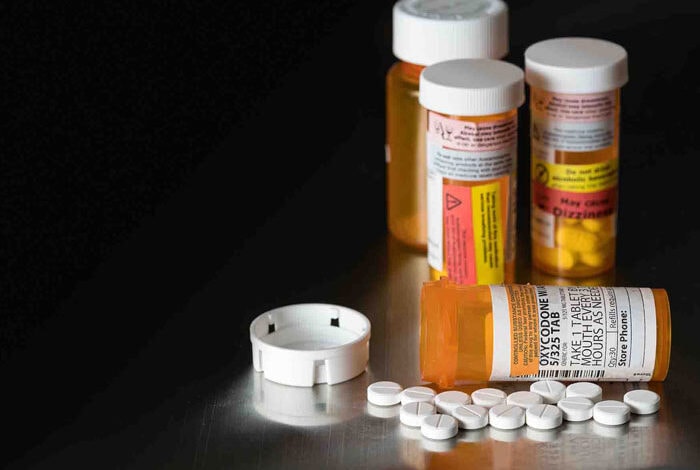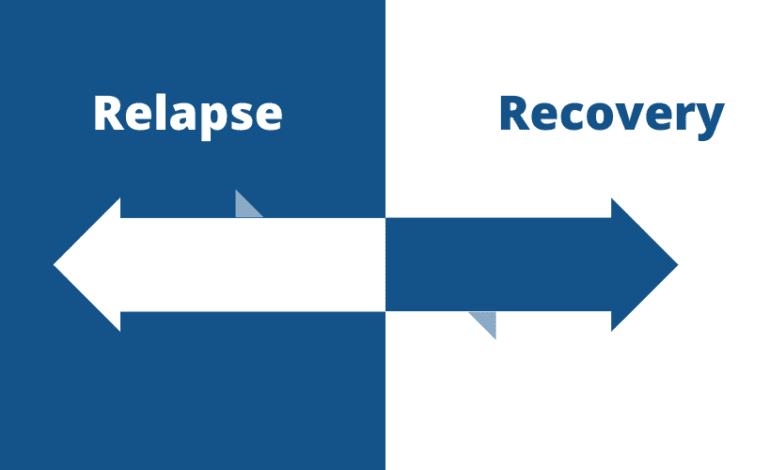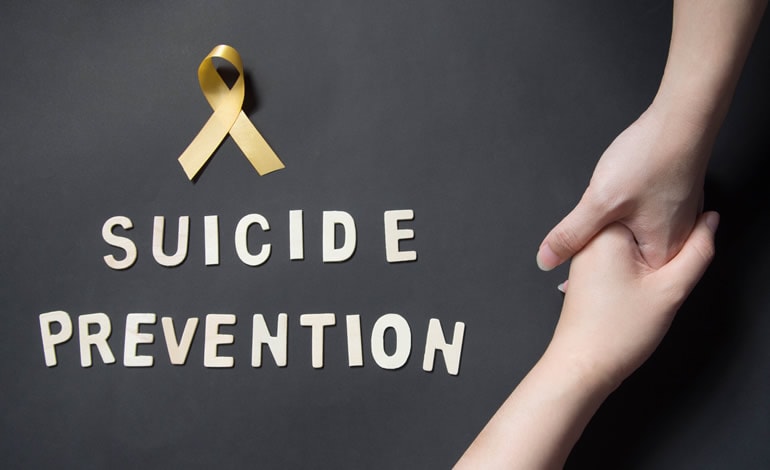Prescription Pill Abuse & Addiction Treatment in America. According to statistics, prescription drug abuse causes the largest percentage of deaths from drug overdoses. Of the 22,400 drug overdose deaths in the US in 2005, opioid painkillers were the most commonly found drugs, accounting for 38.2% of these deaths. Without professional treatment, addiction to prescription drugs can result in devastating lifestyle changes and even death.
Treatment for Benzodiazepines
Benzodiazepines act as a central nervous system depressant resulting in dizziness, confusion, blurred vision, slurred speech, and hallucinations when consumed in excess. Although overdose is possible, withdrawal from benzodiazepines results in the majority of deaths. Commonly prescribed benzodiazepines include midazolam (Versed), alprazolam (Xanax), lorazepam (Ativan), chlordiazepoxide (Librium) and diazepam (Valium.) Benzodiazepines must be tapered overtime because rapid cessation can result in seizures and death. Therefore treatment aims at slowly lowering the dosages of these medications and switching from short acting to long acting in order to prevent withdrawal side effects. Benzodiazepines should not be combined with alcohol and this combination can worsen the withdrawal effects.
Treatment for Opioid Abuse
Opioid abuse is generally treated with pharmacotherapy since “quitting cold turkey” has a poor success rate; fewer than 25 percent of patients are able to remain abstinent for a full year. This is where medication-assisted treatment options like methadone, naltrexone, and buprenorphine/naloxone (Suboxone) can be used to treat opioid dependence by reducing the side effects of withdrawal and curb future cravings. The following are medications used to help alleviate withdrawal side effects and prevent cravings:
Naltrexone: An opioid antagonist approved to prevent cravings and relapse and is given after the opioid drug has been eliminated from the teen’s body.
Methadone: An opioid agonist that is used to reduce or eliminate withdrawal effects associated with opioids. It is titrated to a lower dosage over a duration of time until the teen is completely weaned off of this medication.
Buprenorphine: A partial opioid agonist meaning that it blocks opioid receptors and also activates opioid receptors in the brain. It works to reduce or eliminate opioid withdrawal side effects and cravings without producing the opioid “high” associated with opioid agonists.
Treatment for Methamphetamine Abuse
Prescription amphetamines most commonly know as Adderall (dextroamphetamine and amphetamine) and are considered a central nervous system stimulant used to treat attention-deficit/hyperactivity disorder and narcolepsy. Although there is no specific medication to ease the withdrawal effects associated with Adderall, psychotherapy is the mainstay of treatment. Developing healthy coping skills and learning how to curb cravings through cognitive behavioral therapy has been shown to decrease relapses associated with Adderall abuse. Research has shown that psychotherapy should be used for all prescription pill addiction in conjunction to medications (if suitable). Depending on the severity and duration of abuse, inpatient or residential treatment may be necessary in order to eliminate the drug from the body (detoxification) in a safe environment followed by a 30, 60, or 90-day rehabilitation treatment program
Treatment for Sleeping Pill Abuse
Treating a sleeping pill addiction often involves counseling and a gradual reduction in medication. Slowly tapering down sleeping pill use helps reduce withdrawal symptoms. Given the potential side effects (sleep driving, brain damage, next-day intoxication), overcoming this addiction has countless benefits. Although most sleeping aids aren’t approved for long-term use (many haven’t even been proven effective for longer than about a month), an alarming percentage of people continue using the drugs for years. At this point, withdrawal is especially difficult, as the brain has already become dependent on the drug to induce sleep. As a result, a physician should directly supervise the tapering sleeping pills and may also recommend inpatient care at an addiction treatment facility, depending on the extent of the abuse.
24/7 ADMISSION HELPLINE 888-629-6707




